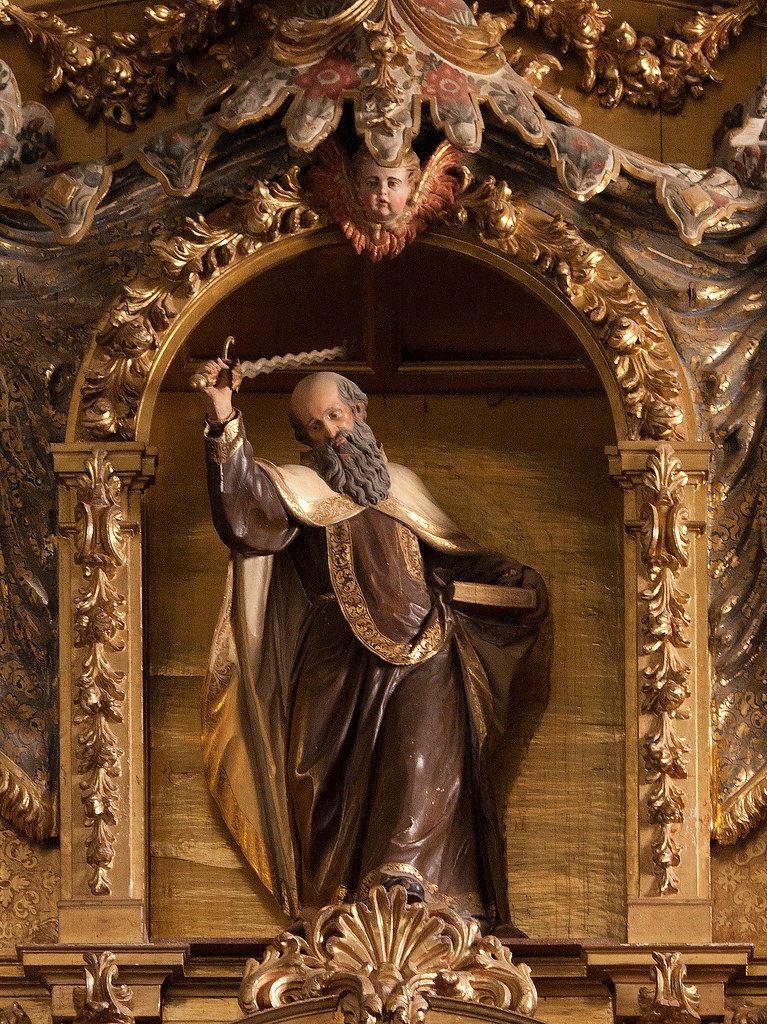Charismatic Characters: The King
- Jack Nuzum
- May 17, 2021
- 3 min read

King Solomon’s Prayer: “Now, O Lord my God, you have made your servant king in place of my father David. But I am only a little child and do not know how to carry out my duties…So give your servant a discerning heart to govern your people and to distinguish between right and wrong.” (1 Kings 3:7,9)
The King archetype is a very important one since it is the figure of the King that represents the establishment of Order in the face of the ever-present threat of Chaos that faces a political body. Such threats come in the form of invading armies, diseases, famine, corruption, and /or economic disruptions. Much biblical writing deals with kingship since that was the governmental system during most of the historical eras of biblical history. There is a sense throughout that God is the eternal King, sovereign of all nations (and an entire devotion could be written on God as King!) However, at the level of history, certain individuals bear the privilege and responsibility of leading nations. How they lead is of crucial importance to the fate of the nation.
Early on, leaders of Israel were chosen directly by God based on their charisma. From Moses through the judges, leaders like Joshua or Gideon or Samuel were (usually) exemplars leading the often-faithless people back to God’s ways. From King Saul on, however, the kings of Israel were more often than not more interested in their own survival and power than in the good of the people or in following God’s ways. The people then suffered as a consequence. Even David and Solomon, though pious, were seriously flawed, and their successors were worse, allowing false gods to be worshiped and social injustice to prevail (e.g., Ahab, Manasseh.) As the kings lost their moral authority, God’s voice was heard through the prophets (e.g., Elijah, Amos, Jeremiah), who were often required to speak the truth to power as kings would either ignore their duties or oppress their peoples.
My choice of Old Testament King to focus on is actually a Queen, Queen Esther. Plucked from obscurity to become queen of Persia because of her beauty, Esther initially hides her Jewish heritage. But when her people are threatened with annihilation, she has a terrible choice to make: appear before the king unsummoned and face possible death, or not plead her case…and face possible death along with all her people. She cleverly arranges her appeal to the king and saves the day. The point is that she could have kept to the harem and her luxurious life and hoped that things worked out. But she courageously confronted the situation, putting herself in immediate danger for the greater good. That’s what good leaders do: they act like diplomats as well as politicians, looking for the long-term good in spite of short-term dangers to their popularity or power.
Palestine of the New Testament was under Roman imperial rule, but the king we know best was a local Jewish king, Herod. The list of his accomplishments in building up the area economically is impressive. But Herod illustrates another danger of kings: oppression. The human need for order is great and we depend on our leaders to keep chaos at bay. But imposed order through authoritarian rule brings its own dangers, where personal freedoms are lost, innocent lives are sacrificed, and creative expression is stifled. Such societies can’t react to new situations (e.g., the Christian movement) except by repression. The old order gets rigid and falls.
The King (like the Parent, the Boss, or the Principal) has enormous responsibility. I know personally that the schools I taught in thrived or shriveled based on the character of the principal at the time. All of us as parents know the dilemma of providing our children both the discipline to maintain order and free space for them to grow. The phrase that seems to encapsulate the scriptural ideal of leadership is ‘servant of God and servant of the people.’ Like the Great Commandments, they are correlated: as we serve those we lead, we are serving God.
Prayer: Dear God, help us to both be and select leaders who feel called to serve, not pursuing privilege nor power for its own sake, but for the greater good of the community.

.png)






Comments